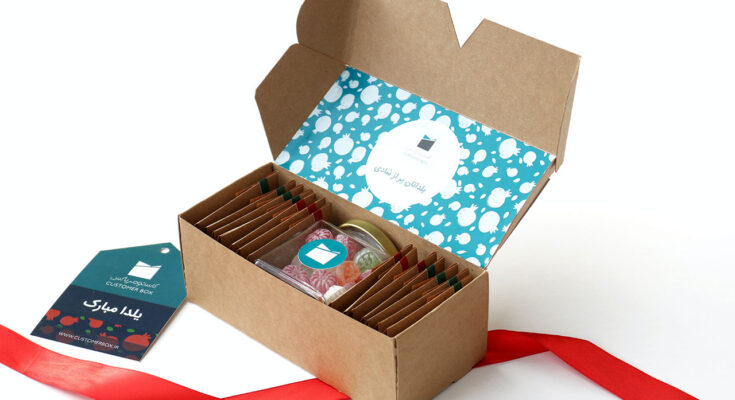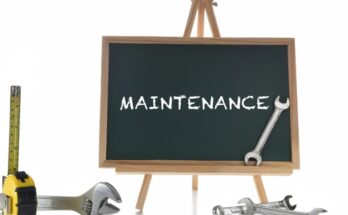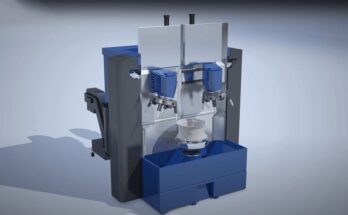Packaging is the art, science and technology of protecting or enclosing goods for storage, distribution, display, sale, and usage. More specifically, packaging refers to the artistic process of creating, designing, testing, and manufacturing packaging. The importance of packaging has increased over time due to its usefulness in providing protection to certain items from damage and loss. Packaging has been proven as effective in reducing supply chain costs and overall product performance. Thus, a company’s success can be attributed to how well they pack their goods.
One way to look at it is to consider packaging the objects in one piece to create a more streamlined object, which can then be packaged into other smaller objects of similar shape and size. For example, consider an object that is a watch in its jelly state; the individual pieces of the watch can easily be shoved into one another and packaged into a single plastic box, which is known as a ‘jelly watch.’ This is due to how plastic boxes are made with air-tight compartments to prevent the leakage of any liquids or gases.
There are two main styles of packaging, which are rigid and flexible packaging. Rigid packaging boxes are usually made from heavy duty plastic materials, which include high-density polyethylene (HDPE), polystyrene, or high-density fiberboard. On the other hand, flexible packaging is generally made from soft materials including cardboard, paperboard, corrugated fiberboard, vinyl, laminated plywood, or shrink wrap.
The most common style of packaging includes rigid boxes, which are most popular amongst manufacturers, retailers, and vendors. They can be used for maximum protection of goods, as they prevent the contents of the boxes from moving around. These packaging boxes may consist of three or more interior compartments. They may also feature hinges, handles, snap on covers, dividers, or transparent windows. However, the most preferred folding cartons are those that feature smooth surfaces and lids, as these help to keep dust and moisture away from the goods inside.
When it comes to the design of the packaging boxes, manufacturers and vendors have plenty of options. For instance, corrugated boxes can be manufactured using corrugated metal frames and hollow centers, which allow the contents of the boxes to be completely protected. These corrugated boxes can be available in various sizes and thicknesses. Alternatively, folding cartons and other folding box cartons that are known as tubular aluminum can also be used for the transportation of goods.
In addition, there are many different types of packaging that are commonly used for packaging products. However, because these boxes come in a variety of shapes and sizes, manufacturers have been able to create unique styles of boxes to suit specific product sizes. Additionally, they can be customized to meet specific company requirements, which may include aesthetic qualities or custom printing. Some companies also offer special boxes for specific uses, such as medical or food packaging. Regardless of the type of folding carton or packaging boxes a company chooses, one thing is clear: these versatile boxes offer tremendous benefits for any business that uses them.




